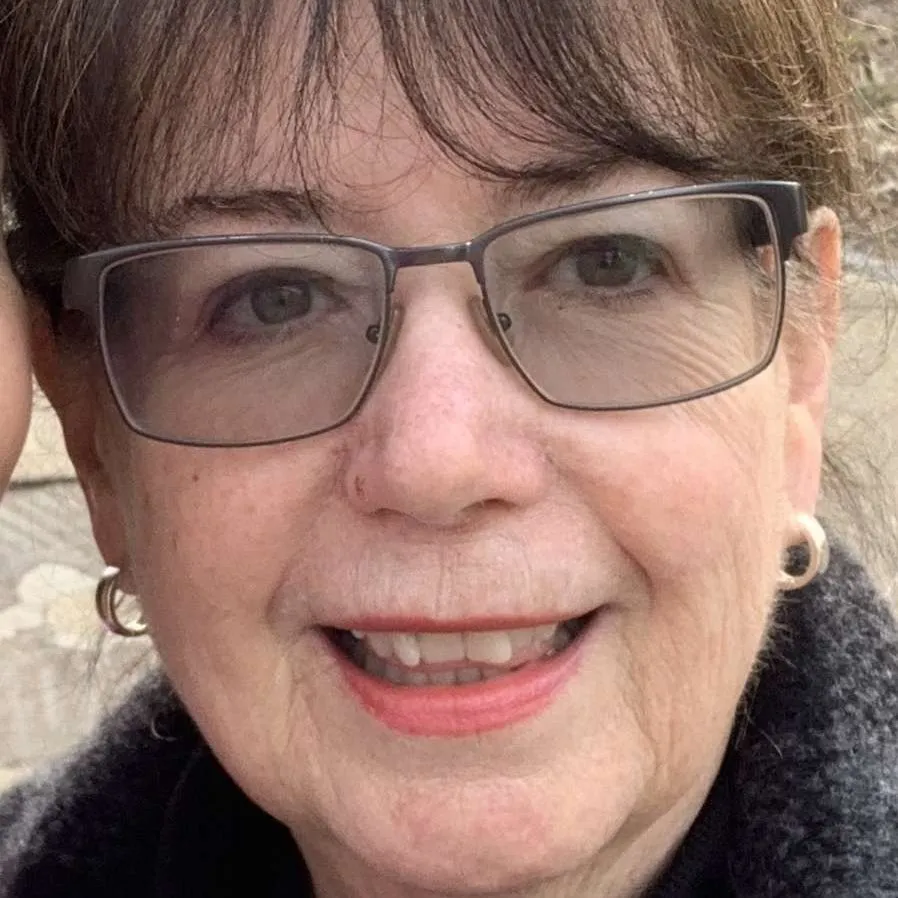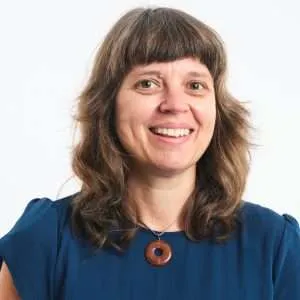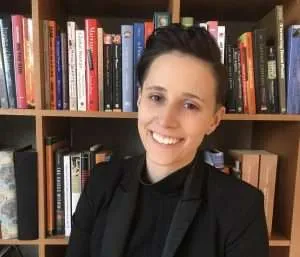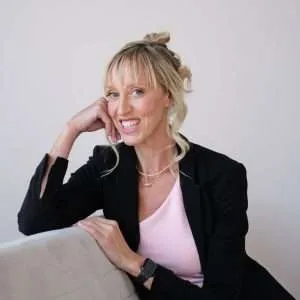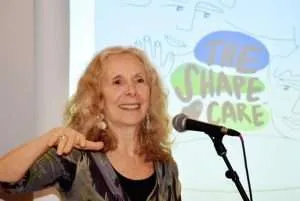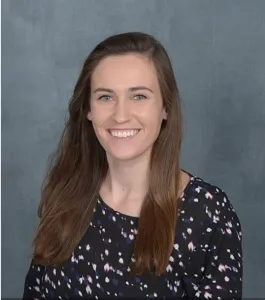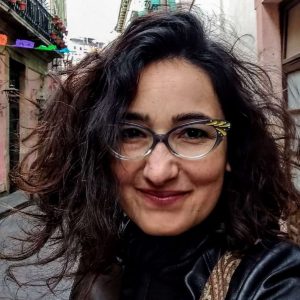Editorial Note:
This profile of Johanna P. Bishop, EdD, CPT is brought to you through a partnership between Applied Worldwide and the Association for Applied and Clinical Sociology (AACS). Thank you to AACS and all those who made valuable contributions to the Profiles in Applied & Clinical Sociology series.
This profile is presented with the intentions of: 1) providing students with examples of applied sociology, 2) providing market value to sociological skills and services, and 3) promoting the work of individual sociological practitioners and organizations. You can learn more about AACS at AACSnet.net.
Johanna P. Bishop, EdD, CPT
Johanna P. Bishop truly defines the phrase “life long learner.” She holds a B.A. in Speech and Drama and Secondary Teaching from Central Michigan University; a M.Ed. in Instruction from Wilmington College; a M.S. in Human Resource Management from Wilmington College; a Ed.D. in Human Resource Development/ Human & Organizational Learning from The George Washington University; and is in the progress of earning a third Master’s degree in Criminal Justice, with a focus on criminal behavior, from Wilmington University. In addition to her extensive educational credentials, Dr. Bishop holds multiple certifications and has completed a vast array of professional training including, ASTD-Human Performance Improvement, ISPI-Certified Performance Technologist (CPT), Institute of Nuclear Power Operations Instructor Qualification, OSHA Safety Training, and Nuclear Power Industry Emergency Preparedness training.
When we asked Dr. Bishop how she would describe her daily life as an applied and clinical sociologist, she told us:
“It varies—my day job is in administration of several large academic programs in an institution of higher education, so I am in the office many days. Other times I am out making connections or holding meetings or focus groups or working with various government groups.”
Johanna P. Bishop, EdD, CPT
Read the full interview with with Dr. Bishop below to learn more about her wide-ranging career as an applied and clinical sociologist.
Using Sociology in Practice
How did you establish yourself as an applied or clinical sociologist?
Working within sociological principles it is easy for a sociologist to become an “applied” sociologist without even being aware of it. That’s what happened to me. Curiosity to understand and a drive to make change for the better led me to look and search for opportunities that could lead to improvement.
While working in the nuclear power industry I noticed how operating experience (OE) played a big role in passing along knowledge of organizational mishaps. However, in an industry that manages such a high risk technology, what role does OE have in establishing an instructor’s credibility or in providing training excellence? I watched and I learned.
In an entirely different case, I saw an urgent social problem while others did not yet recognize it as such, and so I started organizing presentations to raise human trafficking awareness. Before long, my awareness efforts became a symposium which then became a conference drawing community members and community professionals together.
In my current work I focus on learning who, in my community, has a need to know, and who has expertise to share. The result is that I work on creating what I refer to as “intentional change” with a goal of making the community resistant to human trafficking and building community resilience to helping trafficked victims.
Becoming an applied sociologist sometimes just happens when you find work you love to do!
How do you use sociological research methods in practice?
Sociologists are trained to be systematic data collectors. We question everything and seek data to support our hypotheses or research questions. We are trained observers and analysts, and skilled in interpreting the data we seek.
How do you use sociological theory in practice?
We collect data to support theory, and we use theory as a lens to guide our research.
Lessons for Future Practitioners
What types of courses should undergraduate students take in preparation for a career in your type of practice?
As many sociology courses as they can fit into their program but definitely research methods.
What types of courses should graduate students take in preparation for a career in your type of practice?
I’d recommend taking courses that interest you; follow your passions; do not be afraid to be interdisciplinary! Applied sociologists benefit from a broad based perspective in both academic training and life experiences.
What types of experiences should undergraduate students seek in preparation for a career in your type of practice?
Engage in internship experiences, travel abroad, learn how other people live, get out of your comfort zone, take a job you’re not qualified for and observe.
What types of experiences should graduate students seek in preparation for a career in your type of practice?
I’d give graduate students the same advice that I’d give to undergrads.
What texts or authors can people reference to learn more about the work you do as an applied or clinical sociologist?
The Handbook of Clinical Sociology is a good one to begin with, then the classics. Basically, any and all sociology books are excellent sources.
More generally, what are the best outlets to learn more about the work you do as an applied or clinical sociologist?
Attend professional conferences. The Association of Applied and Clinical Sociologyis a good one because the organization is small enough that it is easy to make connections.
What advice do you have for aspiring applied and clinical sociologists?
Follow your passions and do not be afraid.

